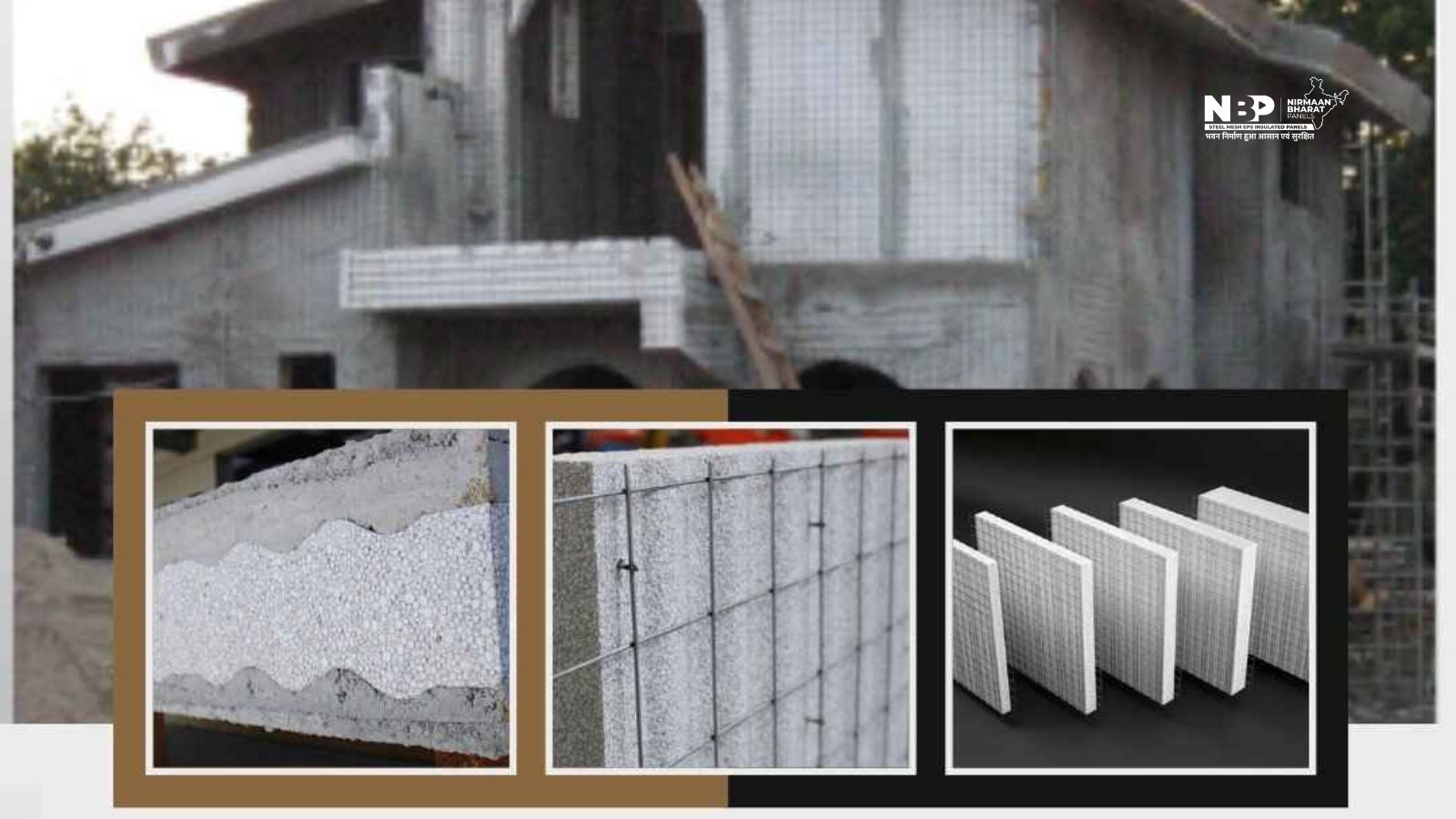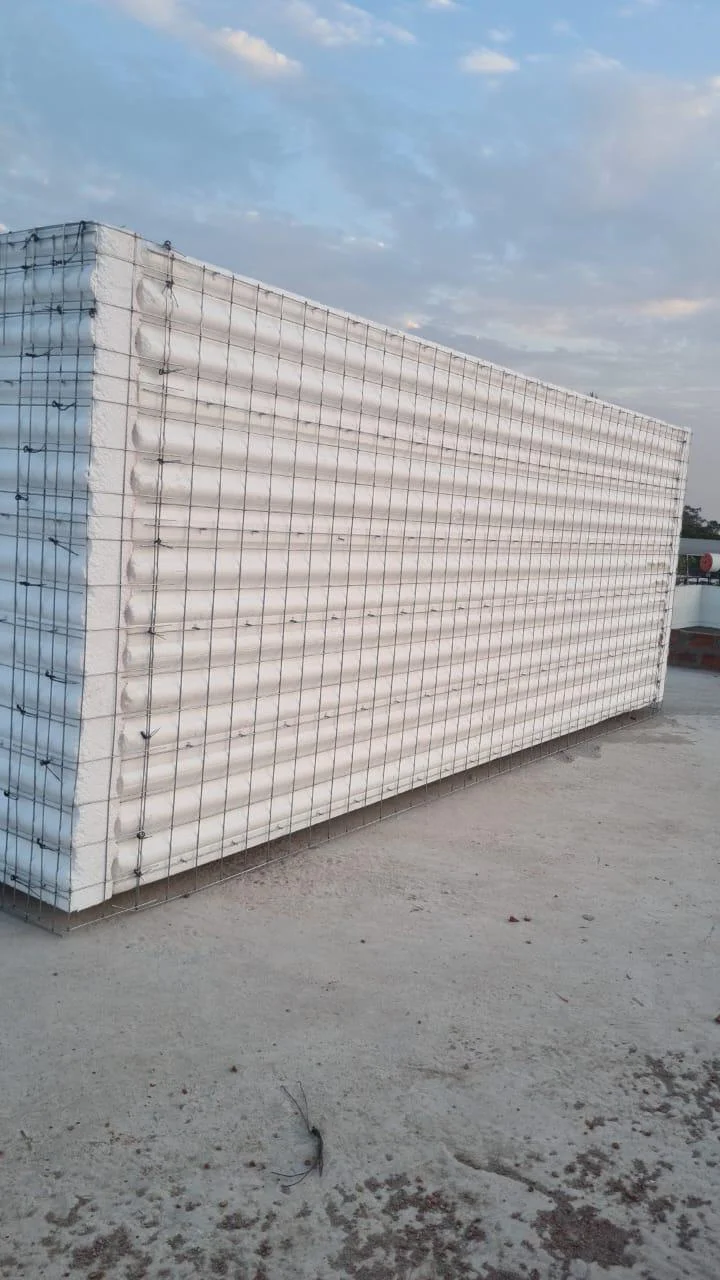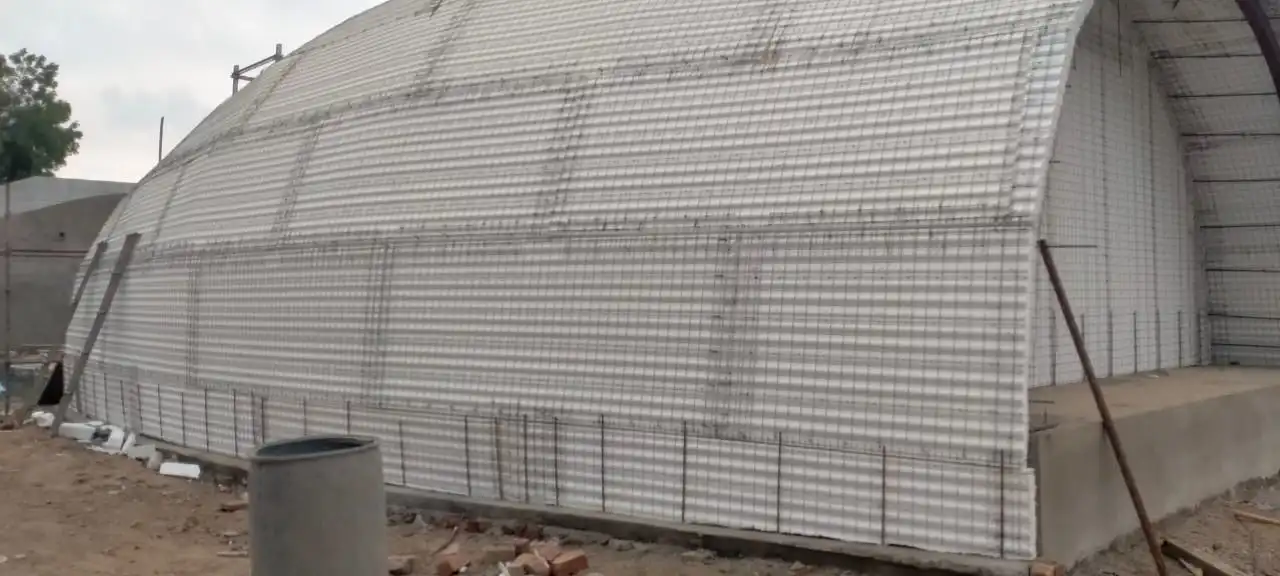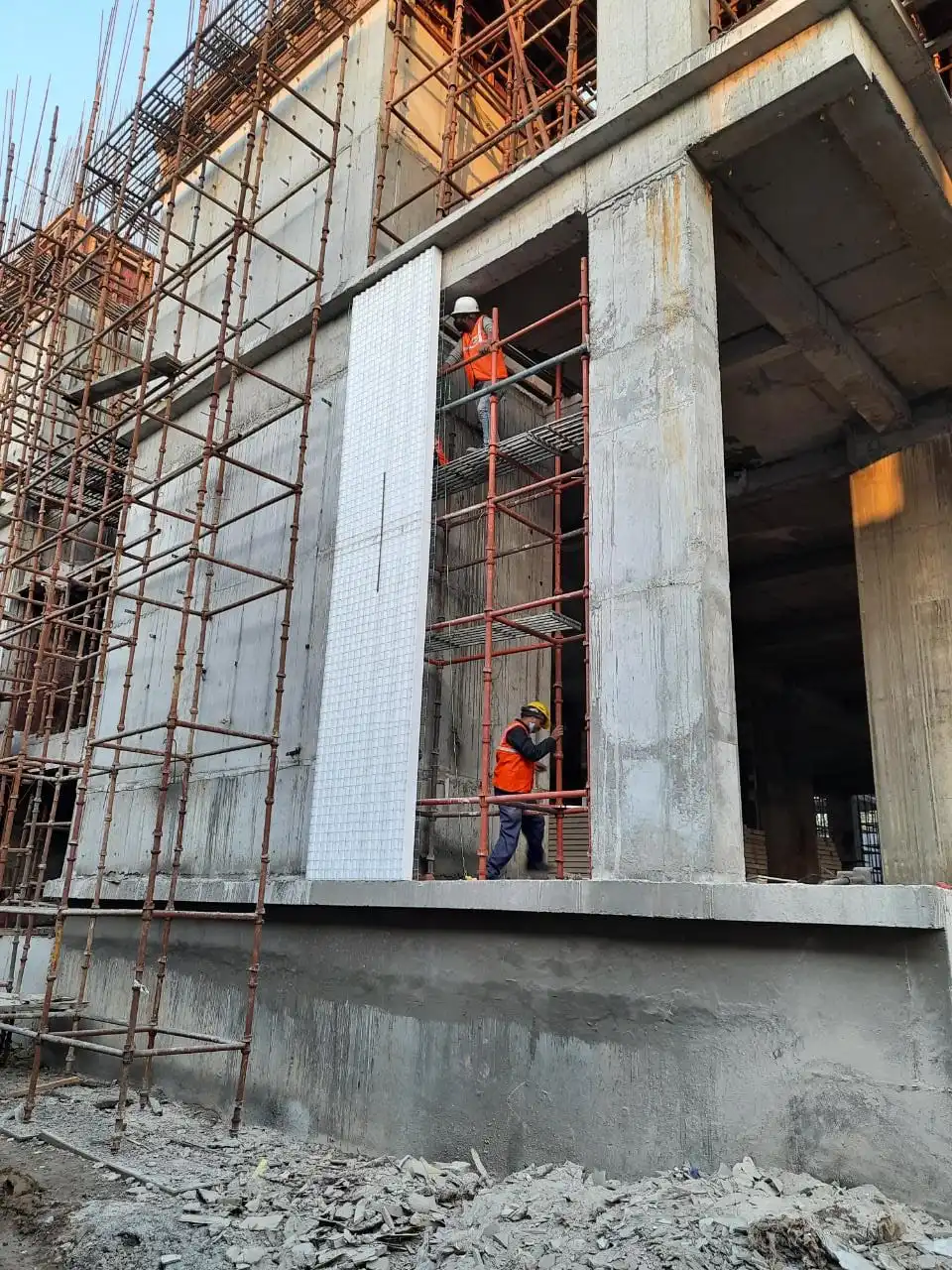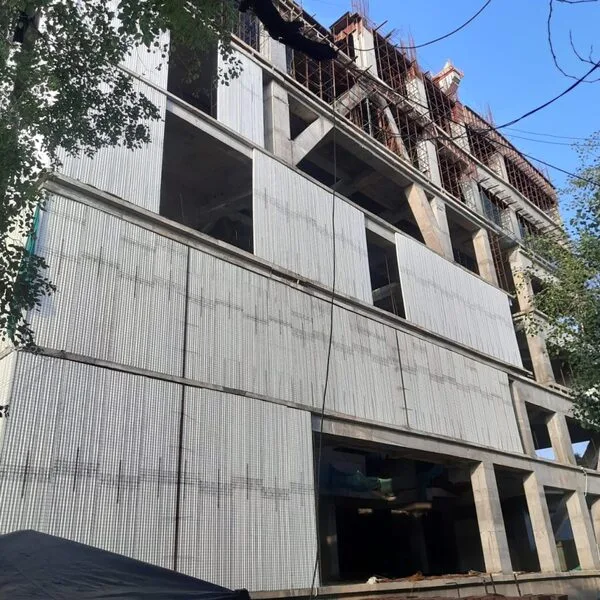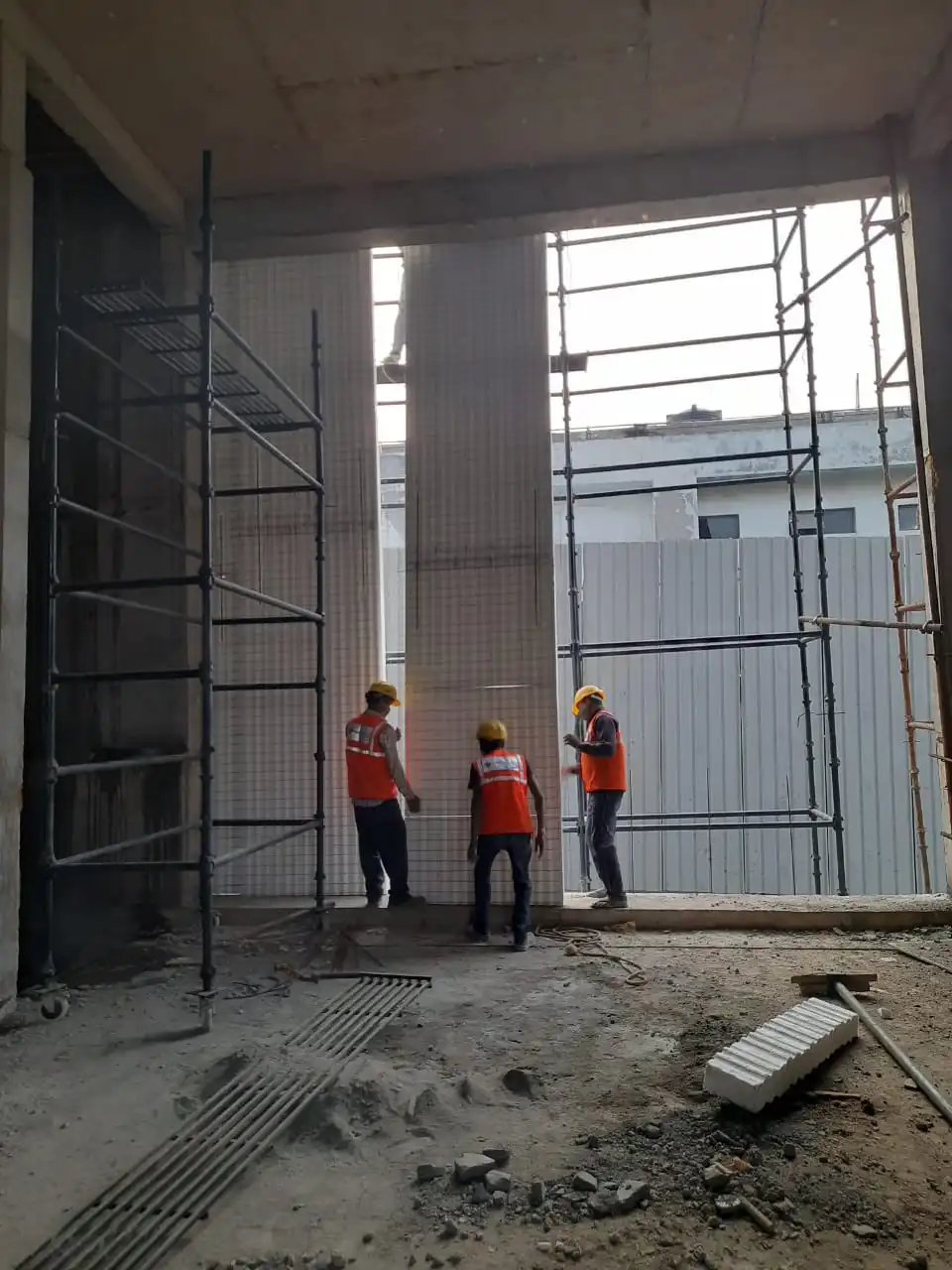EPS (Expanded Polystyrene) panel homes represent a sustainable solution for modern living, offering a host of benefits that cater to the needs of environmentally-conscious individuals and families.
Table of Contents
ToggleEnergy Efficiency
One of the most significant advantages of EPS panel homes is their superior energy efficiency. The expanded polystyrene foam core of these panels provides excellent thermal insulation, helping to regulate indoor temperatures and reduce the need for heating and cooling. This results in lower energy consumption and decreased utility bills, making EPS panel homes not only environmentally friendly but also cost-effective to maintain.
Rapid Construction
EPS panel homes are constructed using prefabricated panels that are manufactured off-site and assembled on-site. This method allows for faster construction timelines compared to traditional building techniques. The prefabrication process also reduces construction waste and minimizes environmental impact, making EPS panel homes a sustainable choice for modern construction projects.
Versatility and Design Flexibility
EPS panel homes offer versatility and design flexibility, allowing architects and homeowners to create customized living spaces that meet their unique needs and preferences. These panels can be used to construct a variety of architectural styles, from contemporary to traditional, while still maintaining structural integrity and energy efficiency.
Durability and Longevity
Despite their lightweight nature, EPS panel homes are durable and resilient. The expanded polystyrene foam core provides structural stability, while the reinforced outer layers offer protection against moisture, pests, and corrosion. With proper maintenance, EPS panel homes can withstand the test of time, providing occupants with safe and comfortable living environments for years to come.
Environmental Sustainability
EPS panel homes are environmentally sustainable from production to construction to occupancy. The manufacturing process of EPS panels consumes less energy and generates fewer greenhouse gas emissions compared to traditional building materials. Additionally, the energy efficiency of EPS panel homes reduces carbon emissions and helps mitigate climate change.
In conclusion, EPS panel homes offer sustainable solutions for modern living, combining energy efficiency, rapid construction, design flexibility, durability, and environmental sustainability. As the demand for eco-friendly housing continues to grow, EPS panel homes are poised to play a pivotal role in shaping the future of residential construction.



